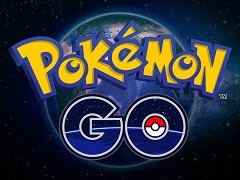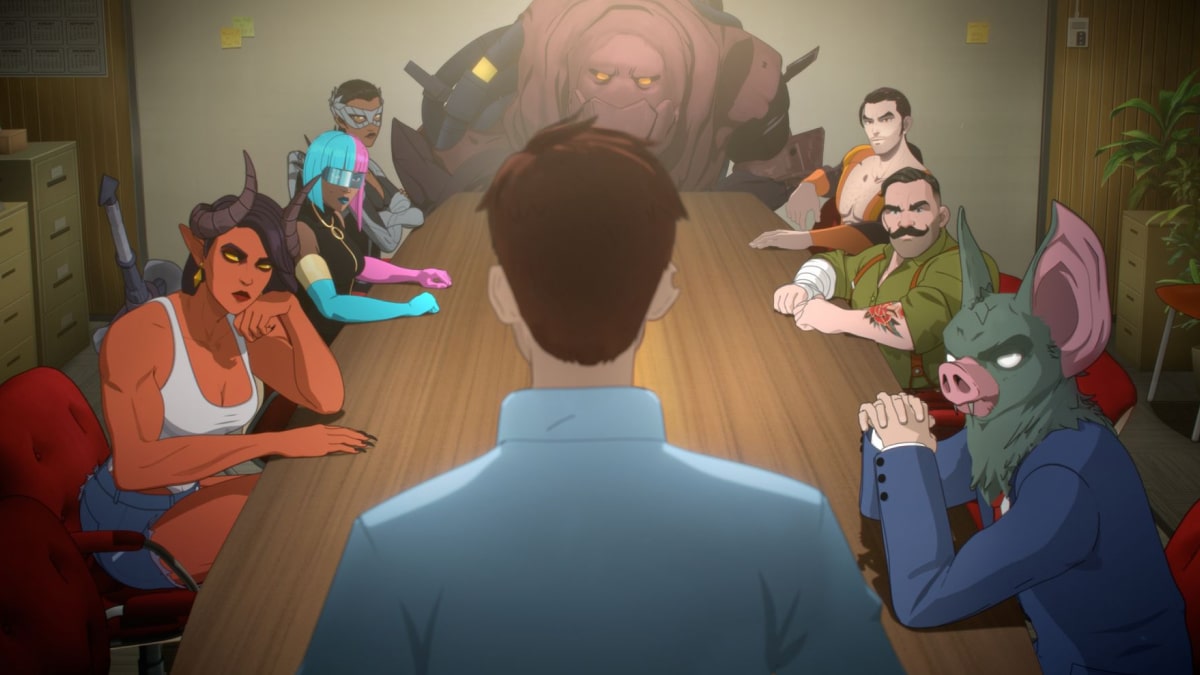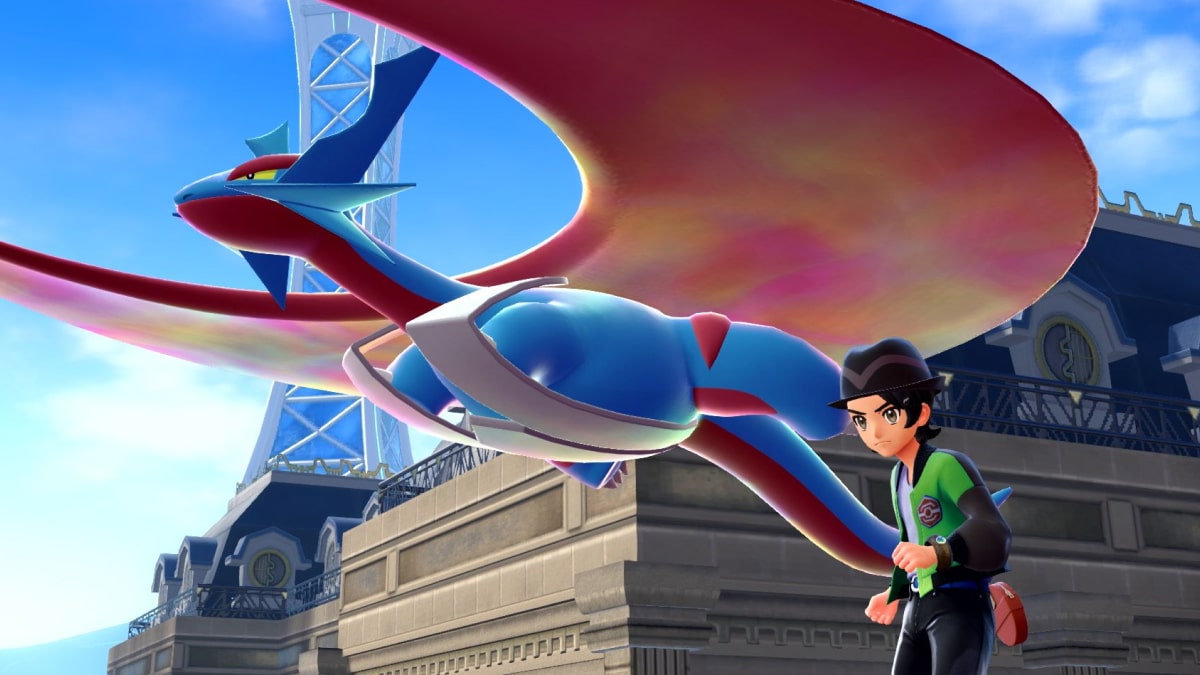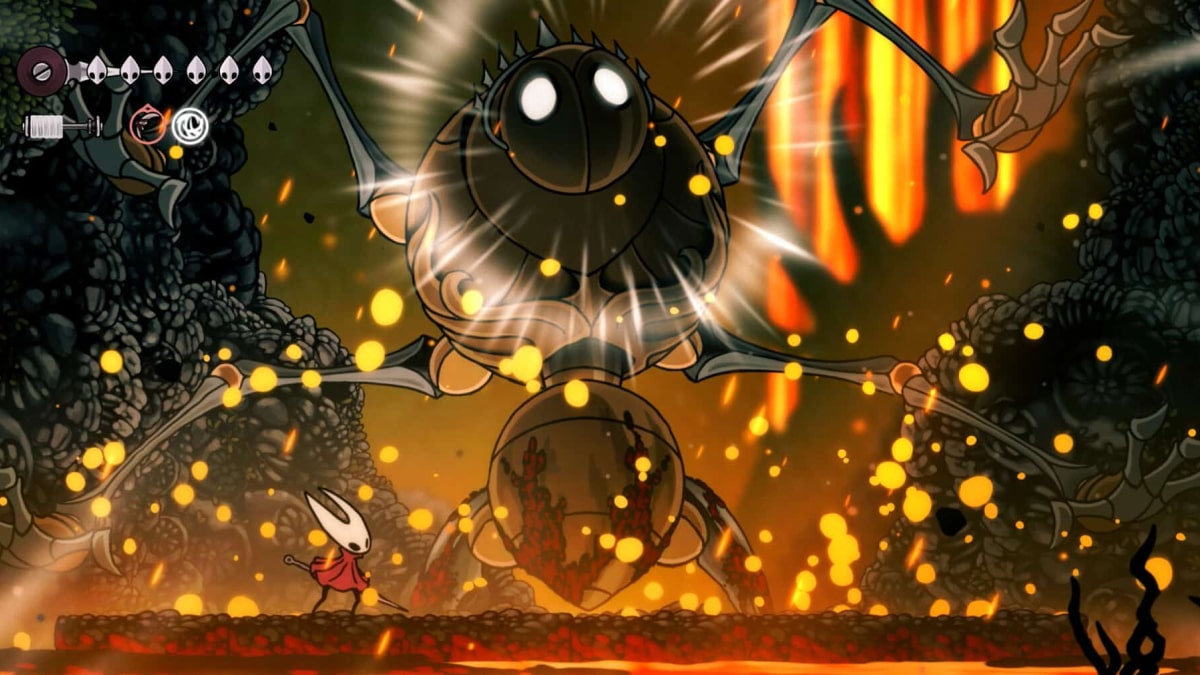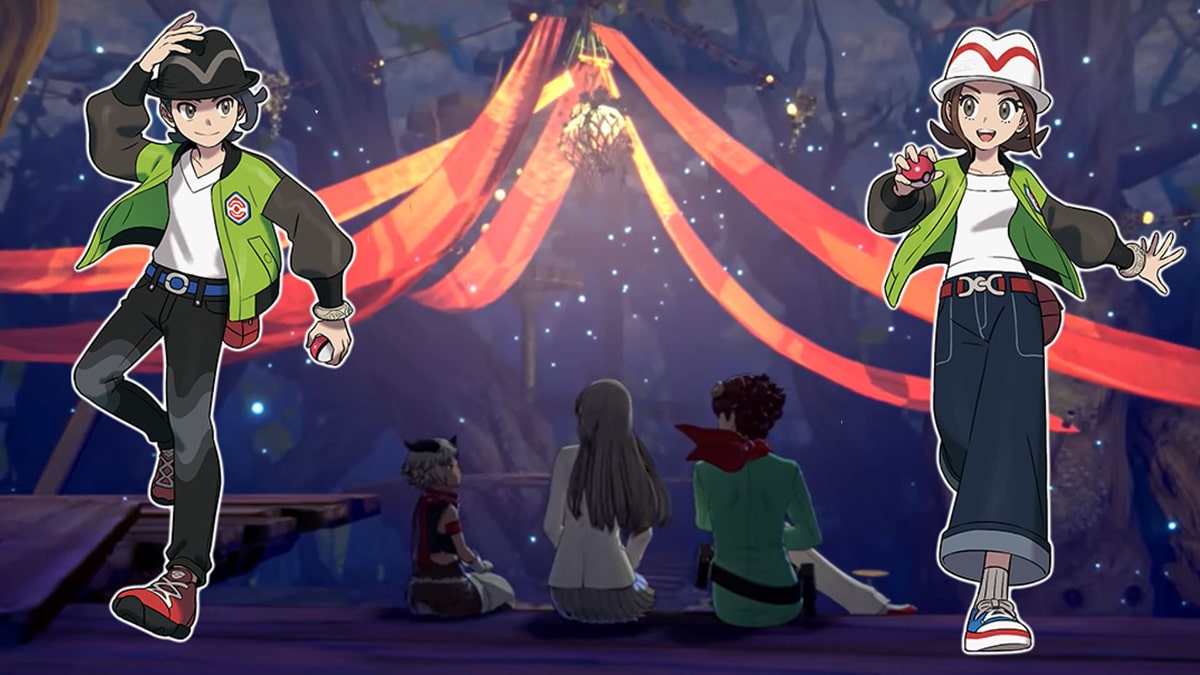You can trust VideoGamer. Our team of gaming experts spend hours testing and reviewing the latest games, to ensure you're reading the most comprehensive guide possible. Rest assured, all imagery and advice is unique and original. Check out how we test and review games here
Pokémon Go, Nintendo’s latest bid to conquer smartphone gaming, is reportedly taking the world by storm – at least, those bits of it that it’s officially been released in: the US, New Zealand, and Australia. At the time of writing Nintendo’s stock had increased in value by over $7 billion dollars in a couple of days. But we’ve seen this sort of thing before before, in terms of downloads if not overall success; Miitomo, a weird social network/avatar dress-up app which launched in March, made a huge initial splash before it immediately tanked harder than the Royal Armoured Corps. Will,can, Pokémon Go avoid the same fate?
Miitomo’s rise to and fall from grace both happened terrifyingly quickly. Here’s an analysis from SurveyMonkey in April on Miitomo’s incredible success, and here’s another piece from them just over a month later on why, and how hard, Miitomo had f***ed it – in fact, going by SurveyMonkey’s own data Miitomo’s active users had all but bottomed out by the time their first piece had gone live. Although Miitomo had 10 million downloads, people quickly stopped playing it when it turned out to be a grind to earn tiny Link costumes in different colours. Miitomo is largely a social app, so as more users left, the longer those who remained had to grind, and so on and so forth. I tried Miitomo today, and looking at it with hindsight it’s easy to see why it failed: it’s f***ing rubbish. Tiny Alice – my Mii, the Nintendo avatar version of myself I made – paced in circles in the phone saying “Um…” in a passive aggressive way until I tapped on her, and she asked me today’s featured question: “What’s the one thing a woman needs to be appealing?” (answer: “a motherf***ing velociraptor”, which was the point I learnt that Miitomo allows users to swear). It’s the social app equivalent of level grinding in an RPG, but instead of getting a new spell or a battleaxe you get pictures of your gurning mates’ mini-Miis.
Miitomo showed that dowloads mean jack all if you don’t have active users, but there are already indications that Pokémon Go might have what it takes to go the long haul. When you compare the Google Trends traffic for Miitomo and Pokémon Go, both over a two month time frame, Miitomo had a sudden jump in just a day before declining again 2 days later, whereas Pokémon Go has sustained a similar interest but over at least 5 days. It’s not much, but it’s already kept people’s general attention longer than its ill-fated predecessor – and these trends are worldwide, despite the fact that the game isn’t even officially out in most territories yet.
/https://oimg.videogamer.com/images/cc67/pokemon_go1.jpg)
There’s other quantifiable evidence: according to SimilarWeb Pokémon Go is not only more downloaded than Tinder for Android, but its daily active users there are about to overtake Twitter. VentureBeat reports it’s at the top of the Appstore in every country it’s been released in, not just for downloads but for highest grossing too, which means people are actually in there and spending money. Then there’s Reddit, the self described front page of the internet; the /r/Miitomo subreddit has been active for about 8 months, and never hit 10,000 subscribers. It’s a little eerie these days, like the kind of bar you’d walk into and then leave as soon as was polite. One guy thinks the app is catching on to his vore fetish. Yeah. The Pokémon Go subreddit, meanwhile, has been around for more than a year already, and is currently at over 300,000 subscribers.
Pokémon Go, rather than being solely a Nintendo product like Miitomo, was developed by Nianatic, the developer behind similar ‘augmented reality based around real life locations’ game Ingress, and it looks like that experience in gamifying the world is paying off. More than just being enough of a game that people will return to it, Pokémon Go is rippling beyond itself in unforeseen ways. There’s the teenage girl who stumbled across a body whilst looking for pokemon, and the armed robbers who used the app to target people at specific locations. On the other hand there are stories of large crowds of people gathering with strangers to all catch pokémon together. People are having delightful adventures in kayaks and being tricked into exercising. Perhaps most interesting, and least foreseen, is the growing anecdotal evidence that Pokémon Go is helping people with depression by giving them motivation to get up and even head out into the wide world.
Whether you view Pokémon Go’s interaction with real life as good or bad, the only measurable impact Miitomo managed was Twitter being flooded with Mii screenshots for 48 hours solid. This morning I went out of my way because Jigglypuff was just down a side road; I’ve found out what the fountain on the way to work is called, and what the plaque on the wall outside signifies, and we have way more history to discover than any of those new world chumps (a transatlantic friend of mine is exploring carparks raving that he’s “ENSLAVED THE TESLA MOUSE!”). Imagine what it’ll be like as Pokémon Go rolls out across the globe! It’s got a massive brand behind it, with a measurable progression and reward system that’s made people voluntarily go for a walk. The nature of mobile games means it’ll see a drop in numbers, but they won’t swan dive off a cliff because people are enjoying it way too much to stop using, which I understand to be how painkiller addiction works. So get used to seeing screenshots of fake mammals in the park, I guess.
